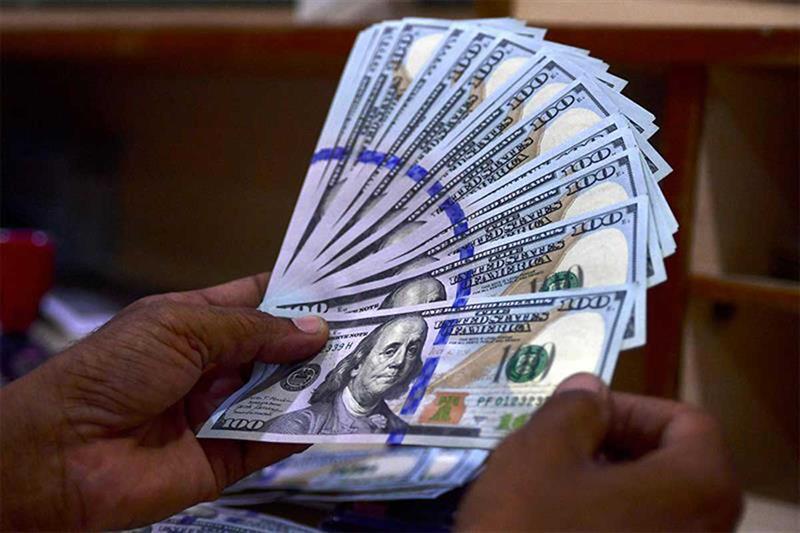According to UNCTAD’s World Investment Report 2023, which was released on Wednesday, Egypt’s total FDI outflows in 2022 amounted to $342 million, a slight decrease from the $367 million recorded in 2021.
In May, American global management consulting firm Kearney released a report stating that Egypt ranked 14th among the world’s most attractive and trusted emerging markets for foreign investments, surpassing Turkey, Morocco, South Africa, and Russia.
Recently, Egypt has implemented various measures aimed at enhancing its investment climate, addressing the shortage of US dollars in the local market, and attracting more FDIs.
These measures are being implemented in accordance with Egypt’s $3 billion loan agreement with the IMF, which requires the government to reduce its involvement in the local economy to create more space for private sector activity.
The report disclosed that investments in SDGs sectors increased in developing countries in 2022, with infrastructure, energy, water and sanitation, agrifood systems, health, and education sectors seeing a growth in project numbers.
“But the increase since the SDGs were adopted in 2015 is relatively modest due to weak growth in the early years and the sharp decline in investment during the COVID-19 pandemic,” said the report.
Although there has been an increase in investments in SDG sectors in developing countries, the report data indicated that the annual investment gap in these countries has widened to $4 trillion in 2022 from $2.5 trillion in 2015. The energy sector alone requires $2.2 trillion annually, representing over 50 percent of this gap.
“The widening SDG investment gap in developing countries stands in contrast to positive trends observed in sustainability investment in global capital markets. The sustainable finance market grew 10 percent to $5.8 trillion in 2022”, the report explained.
The report data further showed that developing countries received only $544 billion in renewable energy investments in 2022, while they require approximately $1.7 trillion in this area.
The report also highlighted that more than 30 developing countries did not record any significant international investment projects in renewables during 2022. Furthermore, in the top 10 developing countries with the highest levels of international investment in renewable energy, investment in renewables comprises only between one-tenth to one-third of total FDI.
“Although renewable energy investments have nearly tripled since the adoption of the Paris Agreement in 2015, most of the money has gone to developed countries,” said the report.
The report emphasized that forming partnerships between international investors, the public sector, and multilateral financial institutions can play a crucial role in reducing the cost of capital, which is a significant barrier to energy investments in developing countries.
“Bringing in international investors, for example, lowers the spread on debt finance by 8 percent. Adding multilateral development banks (MDBs) lowers it by 10 percent. And combining the two with governments in public-private partnerships reduces it by 40 percent,” the report explained.
Regarding this matter, Egypt ranked seventh among the top countries receiving FDI inflows in renewable energy, accounting for 14 percent of the total inflows in the sector during the year, according to the report data.
The report highlighted that global FDI declined by 12 percent in 2022 to $1.3 trillion, following a strong recovery in 2021. The decline was primarily driven by the Russian-Ukrainian conflict and its consequences, as well as high food and energy prices and rising public debt.
“The decline was felt mostly in developed economies, where FDI fell by 37 percent to $378 billion. But flows to developing countries grew by 4 percent – albeit unevenly, with a few large emerging countries attracting most of the investment while flows to the least developed countries declined,” according to the report estimates.
Source: Ahram Online

















Add Comment